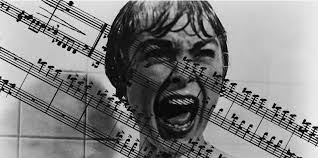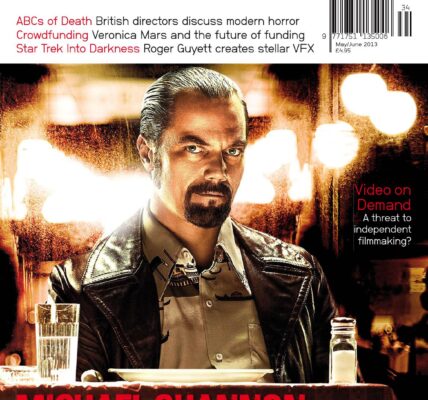Music has always played a pivotal role in the world of cinema, enhancing the emotional impact and storytelling of films. From the haunting melodies of horror films to the triumphant scores of epic adventures, composers and their scores have the power to elevate the cinematic experience to new heights. In this article, we delve into the artistry behind film music, exploring the impact composers have on the storytelling process and how their scores become an integral part of our cinematic memories.
The Artistry of Film Composers: Film composers are more than just musicians; they are storytellers in their own right. Through their compositions, they bring life to the narrative, evoking emotions and creating atmospheres that resonate with audiences. Whether it’s the tension-building strings in a suspenseful scene or the uplifting brass in a triumphant moment, composers carefully craft each note to complement the visuals on screen.
Composers collaborate closely with directors to understand the vision for a film. This collaboration involves discussions about tone, pacing, and the overall emotional journey of the story. The best film scores are those that seamlessly integrate with the narrative, becoming an invisible force that guides the audience’s emotions without overshadowing the visuals.
Iconic Film Scores that Transcend Time: Certain film scores have become iconic in their own right, transcending the films they were created for. John Williams’ compositions for films like “Star Wars,” “Jurassic Park,” and “Indiana Jones” are instantly recognizable and have become synonymous with the magic of cinema. Hans Zimmer’s powerful and innovative scores for movies like “Inception” and “The Dark Knight” have left an indelible mark on the industry.
These composers not only enhance the films they work on but also contribute to the cultural legacy of cinema. Their ability to create music that resonates with audiences long after the credits roll is a testament to the enduring power of film scores.
The Emotional Impact of Music: Music has a unique ability to evoke emotions in ways that visuals alone cannot. A well-composed score can heighten the intensity of a scene, tug at heartstrings, or transport viewers to different worlds. Think of the chilling piano notes in the shower scene of Alfred Hitchcock’s “Psycho” or the emotional crescendo of the violin in Steven Spielberg’s “Schindler’s List.” These moments are etched into our memories, thanks to the emotional impact of the accompanying music.
Composers use a variety of musical elements, including melody, harmony, rhythm, and instrumentation, to create emotional resonance. The careful selection of these elements allows composers to tap into the subconscious of the audience, enhancing the overall viewing experience.











